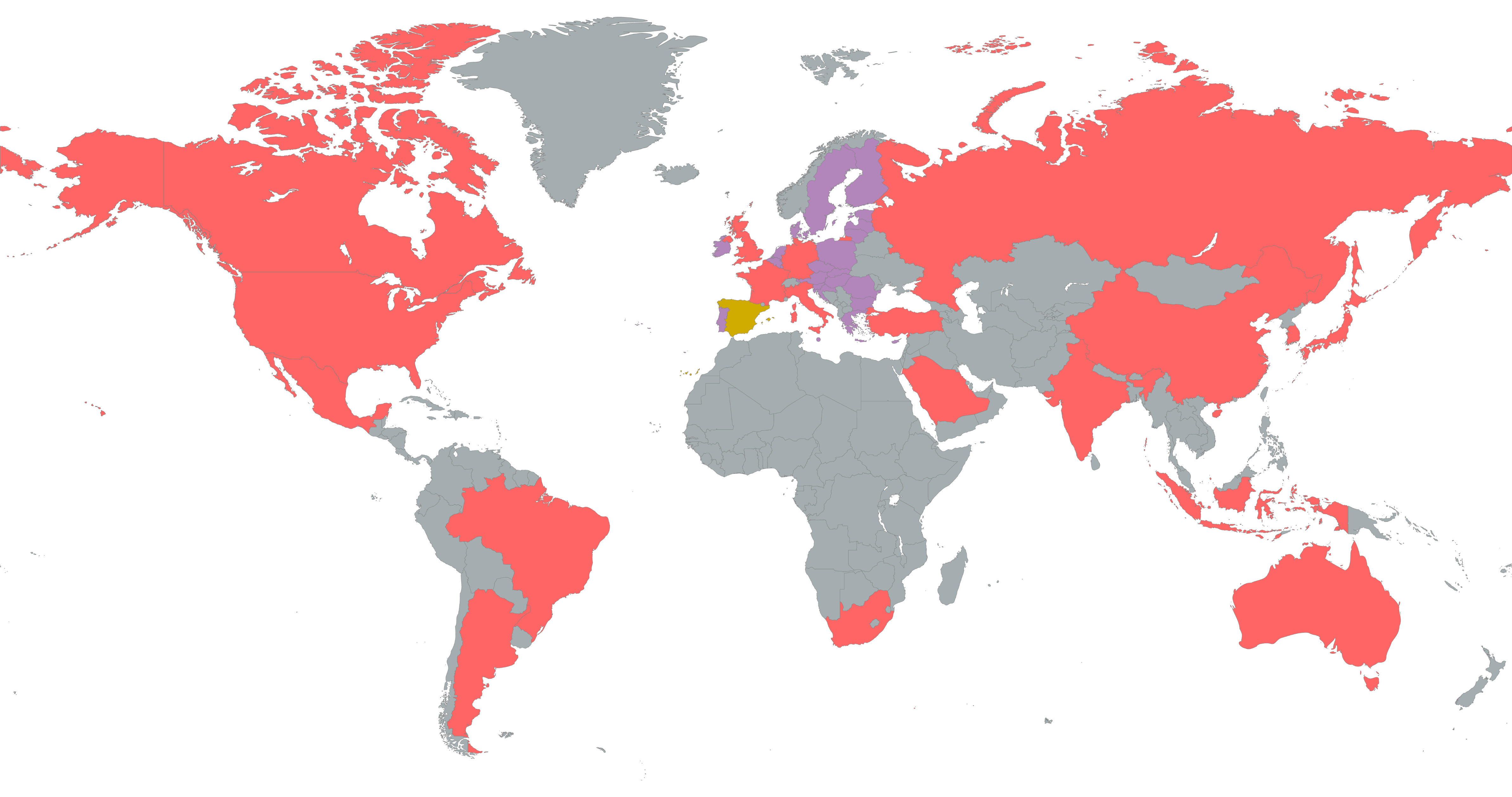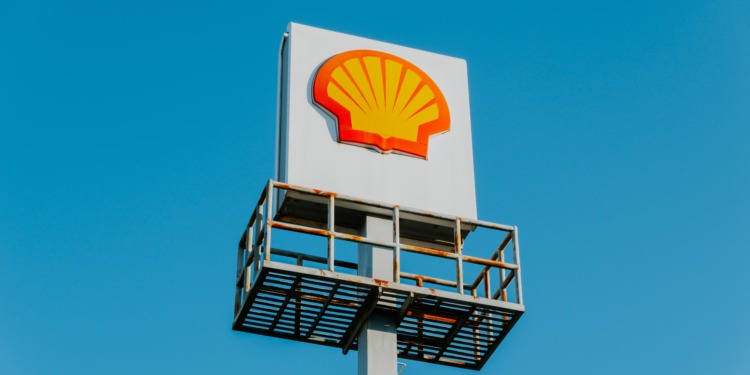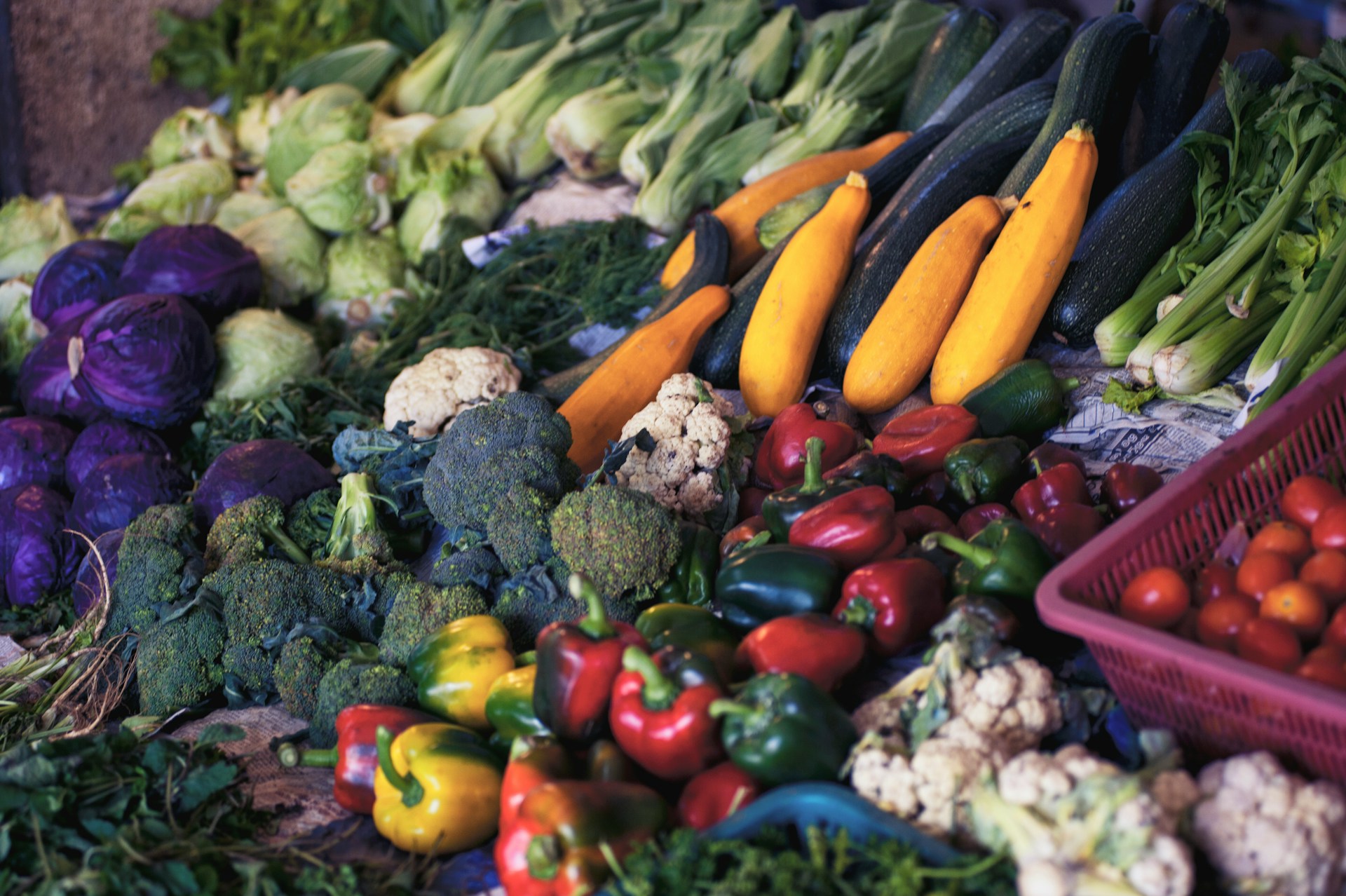According to a report released by Bloomberg Philanthropies and BloombergNEF on November 1, the G20 nations spent $693 billion in 2021 on financial aid for coal, natural gas, oil, and the power generated by these fossil fuels.
The G20 or Group of Twenty is an intergovernmental forum comprising 19 countries and the European Union (EU). It aims to address issues related to the global economy such as international financial stability, climate change mitigation, and sustainable development.

The Report: A Factbook for COP27
Bloomberg have released this data as part of a comprehensive report ahead of the 2022 G20 Summit which will take place in Bali, Indonesia on 15-16 November.
The report focussed on outlining nations’ progress within three separate criteria. These three “priority areas for climate action” are the reduction of financial aid for fossil-fuel support, the existence of systems for pricing or taxing carbon emissions, and the introduction of mandatory climate-risk disclosure.
In each of these three criteria, G20 nations were given a green, yellow, or red rating.
The only countries to receive an entirely green scorecard were Germany, the UK, and Italy. After these, France is the only country to have been given a green rating in two out of the three criteria. The rest of the G20 nations are headed “in the right direction” in only one area or are not making any progress at all.
The pricing or taxing of emissions was the category which showed the most nations making progress – Brazil, France, Germany, Italy, South Africa, and the UK. Five of the G20 countries are making progress in reducing fossil-fuel aid, and only four have made headway in mandating climate-risk disclosure.
Indonesia, who is hosting the summit, scored a red, which indicates momentum in the wrong direction or none at all, in both reducing aid for fossil fuels and mandating climate-risk reporting. It scored a yellow or “mixed progress” on taxing carbon emissions.
How are developed nations continuing to fuel carbon-intensive energy production?
G20 nations spent a combined $693 billion in 2021 subsidising businesses and industries that rely on oil, natural gas, coal, and fossil-fuel power.
This sum from 2021 is the highest since 2014 and represents a 16% increase from 2020. This is due to governments increasing aid in the form of retail energy price subsidies, tax breaks, and budgetary transfers for energy companies across the board.
Let’s not forget: while Big Oil rakes in historic profits at the expense of consumers, the federal government continues giving billions in subsidies to the fossil fuel industry every year. Let’s repeal fossil fuel subsidies.
— Rep. Ro Khanna (@RepRoKhanna) October 28, 2022
Some G20 members have made progress on phasing out coal-fired power generation. However, of the six nations that signed a pledge at COP26 to reduce their use of coal, five actually increased their coal dependence in 2021.
Related Articles: Current Climate Pledges Guarantee Warming Above 2°C | Hurting People and Hurting the Planet: Fossil Fuel Subsidies
As a whole, the G20 support for coal — the fossil fuel that produces the most air pollution — is shrinking, falling to 2.9% last year from 4.1% in 2016. Still, coal received $20 billion worth of aid from the G20 in 2021. China accounted for the largest share of G20 fossil-fuel support in 2020, a trend that probably extended into last year, according to BNEF.
In the report, BNEF analysts Victoria Cuming and Maia Godemer say that the money from governments and state-owned institutions “distorted prices, encouraged potentially wasteful use and production of fossil fuels, and resulted in investment into long-lived, emission-intensive equipment and infrastructure.” (bolding added)
Energy companies across the globe, which rely heavily on fossil fuels, have seen record profits in 2022 as a result of the increased prices caused by the energy crisis and the war in Ukraine.
As of 2021, more money was spent globally subsidising fossil fuels than fighting poverty, according to a United Nations Development Program analysis.
The UNDP has launched a “Don’t Choose Extinction” campaign which aims to raise public awareness of how fossil-fuel subsidies are cancelling out progress towards ending climate change and are driving inequality by benefiting the rich.
Moving Forward: Will the world see international action by the end of the month?
This report has been published less than a week ahead of the 27th Conference of Parties (COP27) to the United Nations Framework Convention on Climate Change, which will take place in Sharm el-Sheikh, Egypt on November 6-18.
Negotiations will focus on how to meet the emissions pledges and targets announced at the previous year’s conference in Glasgow.
So far, the EU and Canada are leading the way towards reaching the emissions reduction targets that were set out by the Paris Agreement. According to the report from Bloomberg, the prices on carbon emissions in these economies are close to or far above the level needed to limit global warming to 2°C above pre-industrial levels by the end of the century. The World Bank estimates this range to be $40-80 per metric ton of carbon by 2020 and $50-100 by 2030.
On paper, the biggest change from any G20 members in 2022 has occurred in the United States with the Inflation Reduction Act, passed in August, which could provide $369 billion to energy transition technologies, mostly in the form of new or enhanced tax credit schemes.
However, the report mentioned the political instability in the United States and disclaimed that long-term stability in America’s climate policy is uncertain due to anticipated lawsuits and a possible future administration change. Thus, this progress was given little weight in determining the United States’ rating, since partisan legislation passed by one president or “administration” is essentially temporary in effect.
As the G20 summit and COP27 loom ever nearer on the horizon, the issue of wealth disparity between member nations is becoming more pressing. This disparity hinders the transition to green infrastructure in developing nations, and developed nations are continuing to miss long-agreed targets for funding these changes in less wealthy countries.
Gaps in the financial ability of different nations to address the climate crisis continue to prevent the world from being more proactive in making change.
The wealthier nations, China and the United States in particular, are producing most of the pollution and emissions, even though they can more easily afford the necessary system changes. Poorer countries, who are being asked to reduce development and make drastic infrastructure changes, are not receiving the required funding and being economically disadvantaged as a result.
Such a wealth disparity is also currently stalling COP15 biodiversity talks.
Additionally, a report which came out this week showed that, the UK’s top 1% emit the same amount of carbon dioxide in a single year that the bottom 10% generate in two decades.
The intersection of wealth disparity and climate action applies to the level of both the nation and individual.
However, as the financial threat of climate change increases, nations which implement infrastructure that is designed to be robust and resilient to the effects of climate change might slowly see the financial rewards work in their favour. It’s simply a question of acquiring the necessary capital to get started.
Essentially, the data from this report indicates that most of the developed world is not taking great action to decarbonise its economies.
But all of this boils down to one mind-boggling question:
Why should the average tax-payer be responsible for funding subsidies that further our self-destruction, whilst the companies that are being subsidised continue to rake in record profits?
Editor’s Note: The opinions expressed here by the authors are their own, not those of Impakter.com — In the Featured Photo: The logo of Shell PLC. Featured Photo Credit: Jethro Carullo.









